Society can overlook murder, adultery or swindling; it never forgives preaching of a new gospel
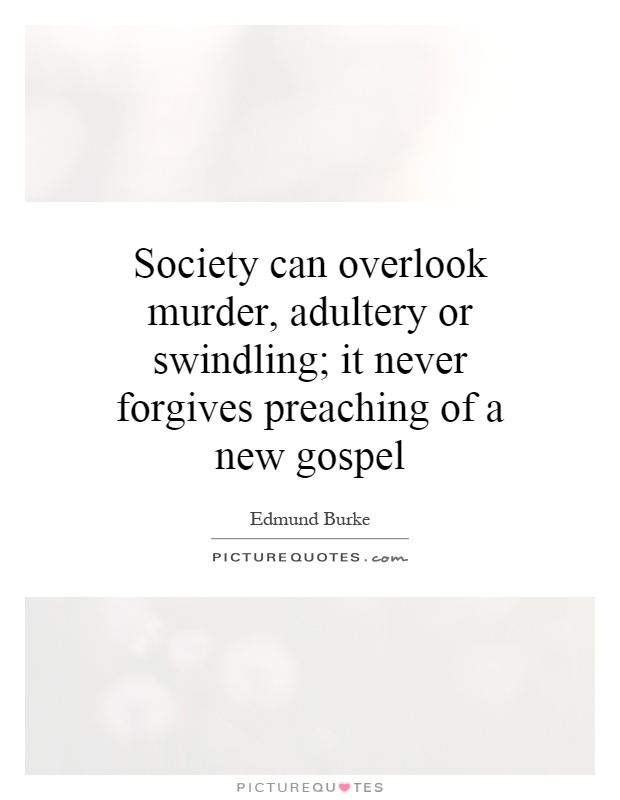
Society can overlook murder, adultery or swindling; it never forgives preaching of a new gospel
Edmund Burke, an Irish statesman, philosopher, and political theorist, is often quoted as saying, “Society can overlook murder, adultery or swindling; it never forgives preaching of a new gospel.” This statement reflects Burke’s belief in the power of tradition and the resistance of society to change.Burke was a staunch conservative who believed in the importance of preserving established institutions and customs. He saw society as a complex organism that had evolved over time, with its traditions and values serving as the foundation of stability and order. In Burke’s view, any attempt to introduce radical new ideas or beliefs threatened to disrupt this delicate balance and could lead to chaos and upheaval.
The idea that society can overlook heinous crimes like murder, adultery, or swindling, but will never forgive the preaching of a new gospel, speaks to Burke’s belief in the power of conformity and the fear of the unknown. While crimes like murder or adultery are seen as individual transgressions that can be punished and forgiven, the introduction of a new gospel represents a challenge to the very fabric of society itself. It threatens to upend established beliefs and practices, and to undermine the authority of traditional institutions.
Burke’s statement can be seen as a warning against the dangers of radicalism and the importance of respecting the wisdom of the past. He believed that change should be gradual and organic, rooted in the traditions and values that had stood the test of time. To Burke, the preaching of a new gospel represented a dangerous form of hubris, a belief that one’s own ideas were superior to those that had been handed down through generations.


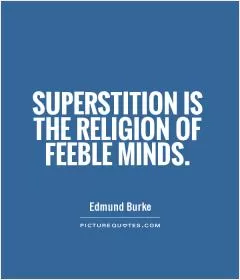



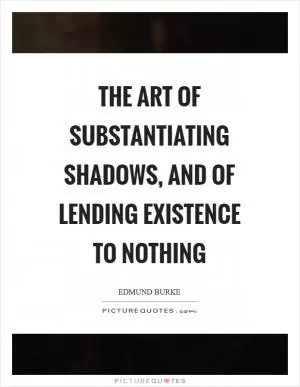



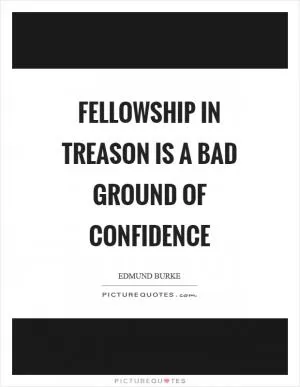
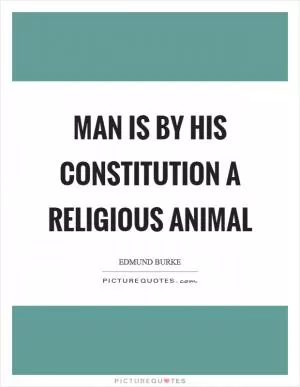
 Friendship Quotes
Friendship Quotes Love Quotes
Love Quotes Life Quotes
Life Quotes Funny Quotes
Funny Quotes Motivational Quotes
Motivational Quotes Inspirational Quotes
Inspirational Quotes